 | The history and growth of Bitcoin in the last 13 years has been nothing short of phenomenal. Starting off as an idea that only enthusiasts on the fringe started adopting, Bitcoin and cryptocurrencies have grown to dominate the news, create fanatic followings in social media, and worry governments about where this is all headed. While some think that Bitcoin is just a highly speculative asset, a group of strong believers termed “maximalists” project that Bitcoin will become a dominant global currency that overthrows the dollar one day. Though initially sceptical, researching this article took me down a rabbit-hole… What is Bitcoin? Where does its value come from? Does it have the properties needed to make it a viable form of currency? Can it fuel a thriving economy? What are Bitcoin’s weak points? Which are its competitors? How will governments respond to its rise to power? Can Bitcoin become the new Gold Standard? Strap in for a rollercoaster ride through the past, present and future of Bitcoin! A brief history of money Historians agree that humans invented money before they invented written language. Think about that. We were able to agree on how to exchange value before we were able to write down our thoughts. The origins of money are more fundamental to human nature than our desire to communicate, in a way. Money served three purposes:
Starting with the barter system, humans moved on to using common goods with intrinsic value (such as cows and bags of wheat) and then to units like cowrie shells, glass beads which were more convenient for accounting because of their divisibility. There was a problem with this system, though. You guessed it. People who had access to the means of production of cowrie shells or glass beads could flood the market, and the more money there was in the market, the less value it had. This is what happened in Africa when glass beads merchants from Europe imported loads of glass beads and made them worthless as a form of money. (This could be one of the first recorded instances of inflation). Gold was a solution to the cheap creation of money. Mining gold is a difficult task. Flooding the supply of money was difficult unless people took the effort to mine gold, for which they were compensated. But the quality of gold could always be debased and there was no way to check its authenticity. Governments took on the responsibility of controlling the supply and guaranteeing the validity of money. This has always worked fine until it hasn't. As long as the government acts in a neutral capacity to do the best thing for the economy, there is no problem. But the people who are closest to the means of production of money - Kings, Central Bankers, Cabinet Members - also have the most incentive to confiscate a large share for themselves. Or they could follow a monetary policy that might make them look good in the short term while throwing the system into chaos in the long run. This can be seen in the case of the Fall of Rome and Constantinople, the hyperinflation in Zimbabwe, the shift of the US and other countries away from the Gold standard [1], and the inflation that is looming over the US right now. Looking at history, what would the perfect currency look like?
The most important requirement though is that people adopt it en masse. Money is a collective story that people believe in, a story that lets them exchange value with each other. If an ecosystem is built around this story, it gives the money more value, further strengthening people's beliefs. How does Bitcoin do on these grounds? Let us start by understanding what Bitcoin is and why it is so different from existing forms of money. Bitcoin Bitcoin is a decentralized digital cryptocurrency that can be used for peer-to-peer transactions through a distributed ledger. Let's unpack that.
Bitcoin was invented in 2008 (in the throes of the housing crisis market crash) by a figure named Satoshi Nakamoto whose real identity is unknown. Satoshi open-sourced the code to Bitcoin after publishing a white paper about it, and as more people started adopting it, Satoshi vanished mysteriously. To the layman, Bitcoin is currently just like any other stock or asset that you can exchange dollars for. To use Bitcoin, all that is needed is a wallet that gives the user a public address that others can transact with, and a private key that acts as a password. Bitcoin can be bought at cryptocurrency exchanges or mined (will be explained shortly). This is then stored in software or hardware wallets, and exchanged for products or services with other users. There is no central authority over Bitcoin. Each Bitcoin is divisible into 100 million units called Satoshis for convenience. Since 2008, Bitcoin has grown in leaps and bounds to become a dominant force in the market and people's imagination. But... Where does Bitcoin get its value from? We saw earlier that if it’s easy to make money, anybody can flood the market and destroy its value. This was also the reason for gold's adoption for minting coins because gold is very hard to produce (apart from being nice and shiny). The government's ability to print massive amounts of money is the chief danger to modern forms of money. Imagine you have a million dollars and it’s worthless tomorrow because a bunch of people in the government thought it's alright to print another quadrillion dollars. That's the fear which drives people to invest in real estate, stocks, gold, and other commodities. There is no alternative government-backed currency in circulation today that qualifies as "hard money", whose supply is restricted. That's one of Bitcoin's chief attractions. Bitcoin is extremely hard to produce and has a cap on its supply. Each block that needs to be added to the Bitcoin blockchain (distributed ledger) needs to be identified by a number that satisfies a mathematical property. [2] Bitcoins are produced by "miners" who try to find these numbers by running through millions of options in a brute-force manner. When miners hit upon a successful candidate, they are rewarded in Bitcoins. This is a highly energy-intensive process and the profit that the miners get is in the thin margin between electricity consumption and the value of the bitcoin. The physical exchange of energy for bitcoin is similar to expending effort in mining gold. The second feature is that there can be only 21 million Bitcoins in existence, ever. This is a hard feature of its code that cannot be changed. [3] 20 million Bitcoin would be mined by 2025 (by current estimates). By 2140, all of the Bitcoin would be mined, and the incentive for miners will be in the form of transaction fees. As the supply of Bitcoin is finite, it cannot be devalued by increasing the supply making it inflation resistant by design. There is no central authority for Bitcoin. The code is open-sourced, and if anybody wants to change it, it has to be with the consensus of all the nodes in the network. For example, when some security vulnerabilities were identified in Bitcoin in 2018, a fork (change in the code) was done to patch it which was accepted by all users as it was for their benefit [4]. But when hard forks (major changes) were done to create new currencies like Bitcoin Cash, the bulk of users chose to stay on the existing network, causing Bitcoin Cash's value to drop sharply. Hence, Bitcoin's value is decided by the consensus of the network. The above points show that Bitcoin is convenient, inflation resistant, secure, and credible (its validity is backed by a mathematical function that is impossible to break or fake). This tells us about the perceived value of Bitcoin, but if the aim of Bitcoin is to capture the existing market, it also needs to be:
How does Bitcoin do on these fronts? Liquidity Let's be real here. Most people are interested in Bitcoin not because of its fascinating mathematical properties or promise of inflation resistance. It's because of the “Number go up” that every influencer is shouting about on Twitter as if it’s their personal achievement. That's the reason Bitcoin tends to get on the nerves of some people too: How is it that believers of an imaginary concept with no “value” or “business” behind it are rewarded time and again without any effort? The misconception here is that Bitcoin is being compared with businesses on the stock market which grow with time because of their value proposition and execution. Bitcoin is better compared with gold whose value is dictated by scarcity. The problem is that, unlike gold which has intrinsic value, Bitcoin's value is entirely dependent on the faith that people have in the story around it. The story around Bitcoin is this: “Bitcoin is the hardest form of money and will eventually replace all currencies.” People who adhere to this vision are called Bitcoin Maximalists. And in terms of the stories out there, Bitcoin is one of the fastest proliferating. It makes sense. When personal incentive is tied with a story, the FOMO kicks in of being penniless when Bitcoin takes over. The possibility of gain makes people buy into it in droves. And as people buy into it, demand rises, and its price goes up further. Bitcoin's strongest point is also its weakest. Decentralization. Though Bitcoin claims to be “decentralized”, that's only if Bitcoin becomes money in itself. To convert from dollar to Bitcoin, you still need the presence of exchanges. These exchanges are among the most loosely regulated financial entities in the world and the most vulnerable to government regulation. For example, Tether, which debuted as a Stablecoin (a cryptocurrency pegged to a commodity or government-backed currency) has repeatedly come under scrutiny for its shady accounting practices. [5] Tether also turned out to be owned by the same people who owned Bitfinex, a large cryptocurrency exchange. It is one of the biggest intermediaries for Bitcoin to Dollar liquidity out there, and a collapse on that front due to regulations might cause a mad rush to exit. Of course, Bitcoin maximalists will argue that if one exchange goes down, another will come up, and we will learn from our mistakes. But is there enough incentive to learn from our mistakes? Shouldn't Bitcoin be actually useful for buying things? The Bitcoin economy - and competitors One of the biggest jokes in the history of Bitcoin was when Laszlo Hanyecz of Florida traded 10,000 bitcoins to buy two pizzas. That would be worth $574 million today, maybe the costliest meal ever. [6] But that was one of the first recorded instances of a physical good bought with Bitcoin. Since then, there has been a rapid increase in the adoption of Bitcoin as a mode of payment. From retail needs to domain names, from cars to travel packages to restaurants to cellular service, the scope of Bitcoin has expanded tremendously.[7] There's even a house on sale that you can buy exclusively with Bitcoin. But there are things that you cannot buy with Bitcoin yet. There's no direct provision to buy stocks on the NASDAQ (or any other market) with cryptocurrencies, for example. A big market for Bitcoin is their programmability - Smart Contracts will automate the market of trust. People don't need to believe that someone else will pay them back on time and spend time in legal battles. A clause like “If rains don't arrive, farmers get paid insurance” can be automated to simplify the market of crop insurance. But this is also a space where Bitcoin has tough competition. Ethereum, Solana, Cardano, and a handful of other cryptocurrency blockchains (with tokens called AltCoins) sprouted to tackle problems that Bitcoin couldn’t. Bitcoin Maximalists argue that Bitcoin has the first-mover advantage and anything other currencies can do, Bitcoin can absorb into its code - But the facts speak otherwise. When Ether started out, its trading volume was only a fraction of Bitcoin’s, but after Ether started catering to the NFT and DAO space, it's now a serious threat to Bitcoin’s dominance. Other cryptos assert that they do different things in a better manner compared to Bitcoin. Dogecoin was a mere joke till someone catapulted it to prominence. I'm looking at you, Elon. But one thing is for sure - It’s very difficult for a new entrant to the Altcoin space to gain traction and reach while standing for the same principles that Bitcoin does. There is so much awareness about cryptocurrencies now that the bulk of a new Altcoin offering will be bought out by a single entity. And that makes the cryptocurrency useless because its value is in its reach. It's not money unless everyone believes it is. A strong warning is in place here: When I say a new cryptocurrency is useless, I’m talking about the long term. Coin Offerings have a very strong possibility of being a Ponzi scheme, so be VERY VERY careful with where you put your money. There's just one more reason that Bitcoin and other Altcoins are still not widespread in their use. Volatility Bitcoin is very volatile compared to the US Dollar. This is something that even maximalists don't argue with. It is not clear whether volatility is increasing or decreasing with time and trading volume, but you can't use something as money if you don't know what it will be worth days, hours, even minutes from now. This is the reason Bitcoin is the butt of so many jokes like this:
But the assertion is that on the technology adoption curve, Bitcoin is still in the early majority stage, and the amount of capital that has been injected into Bitcoin is minuscule compared to how much more can be injected (The figures are based on growth in Market Cap, number of users, and number of transactions - Unreliable, because one individual can have any number of Bitcoin Addresses and transactions could be just buying and selling of Bitcoin, not retail transactions). Here we enter the realm of speculation. We must understand that Bitcoin is the first of its kind - A resource that is absolutely scarce, meaning that it is the first deflationary money. Some assert that the inbuilt scarcity will make volatility an inevitable feature of Bitcoin, rather than a bug. [9] Supporters of Bitcoin assert that as we cross over from early majority to late majority in the adoption curve, Bitcoin will start seeing massive adoption and this will stabilize the price (How exactly? I’m not sure. I don't have enough know-how to assess this). All this talk is fine, but everybody gangsta till the big daddy of money steps in. Will the Government be sleeping? Bitcoin started out in anonymity and it was then laughed off as a joke. Later, governments started referring to it as a highly speculative asset, and now there are murmurs that Bitcoin is going to overthrow the monopoly that the Government has over money. El Salvador has accepted Bitcoin as legal tender and announced that it would be starting the world's first "Bitcoin City". What on earth is going on? In the standard narrative about Bitcoin, after Bitcoin starts gaining mass adoption there comes a phase where some Central Bank starts getting shifty about the hyperinflation that is rampant in the economy, and starts buying Bitcoin to hedge against the possibility of economic collapse. Other banks follow suit, doing the same, and when rumors break out, the citizens start buying up Bitcoin and rapid adoption of Bitcoin follows suit with Bitcoin replacing the dominant currency of the country. This phase is called hyperbitcoinization. That sounds great, except that the government isn't going to take this lying down. Apart from the ominous angle that money is one of the chief ways that the government uses to control its citizens, there is one logical reason that the government will oppose Bitcoin: The government needs to pay its employees and it has no means of production to produce or purchase Bitcoin scalably. How will public institutions sustain themselves in the absence of cash flow? There seems to be a dreamlike scenario where the government voluntarily relinquishes power and takes a backseat as all institutions are privatized, but since Satoshi vanished without leaving a manifesto on how legal institutions and the military will be funded, there seems to be a gaping hole in this grand scheme. There is no doubt that Bitcoin will play an important role in the world economy. Even now, Bitcoin's market cap ranks it as 14th in the list of world economies (with Ether at 25th). World countries switched to the gold standard when gold emerged as the hardest form of money and then switched to pegging themselves against the dollar. It is highly likely that Bitcoin (or other Altcoins) will be a standard/commodity in the future. But instead of Bitcoin overthrowing governments, or governments banning Bitcoin (which is very resource-intensive and difficult), it is more likely that governments will assimilate Bitcoin into their legal framework. Bitcoin might be taxed, its use cases monitored and transactions tracked. [10] Though the Indian and Chinese governments banned Bitcoin, India is now taking a softer stance by trying to tax cryptocurrency gains heavily. The lasting change might actually be in terms of the inability of governments to manipulate the price of Bitcoin. And though hyperbitcoinization sounds cool (or ridiculous, depending on how you see it), it is not realistic or even desirable. The real meaning of this scenario sounds like a breakdown of world government (highly unlikely) [11]. Hopefully, it doesn't get that far. A bitcoinized world: Good, bad or ugly? The advantages of Bitcoin and cryptocurrency are touted as follows:
The notion of decentralization has created this idea that Bitcoin is going to create a symmetric world of equal opportunity. There are some counterpoints to that argument:
So will we see Bitcoin rise to ascendance in this century? Can Bitcoin replace the dollar? If we consolidate all the points we have seen so far, we can see that Bitcoin is a convenient, portable form of money that gives a lot of freedom to the individual. It has gone from 0 to $56,000 (as of today), crossing a market cap of $1 Trillion in a mere 13 years (Apple Computers took 38 years to hit the same milestone - with a solid business and advertising team backing it). Since Bitcoin is a form of money that is native to the internet, the rate at which its story propagates is also phenomenal. Bitcoin’s true decentralization and first-mover advantage also give it a great advantage over other cryptocurrencies. Though there is tough competition, some of Bitcoin’s core principles like the lack of a central authority give it a real edge (e.g Meta tried to start its own currency Libra/Diem, and it faced regulatory action instantly. Ethereum isn’t truly decentralized either). The real challenges for Bitcoin are price stability, exclusive use cases, and government regulation. People will only consider Bitcoin money when they are willing to part with it for something they cannot get with conventional money. Till then, it’s an asset at most. Although smart contracts and a few niche use cases like NFTs seem to satisfy this, only time will tell if they have a lasting impact. Price stability is also more likely when Bitcoin has a strong native economy. There are different assertions about its stability - That high-frequency trading is needed to stabilise it, that creation of value will stabilise price, that in spite of boom and bust the new low is always higher than before, that price will stabilise when the number of users keeps growing, and that its price cannot be stabilised as it is an asset. The truth is that nobody has been right at forecasting either its growth or stability reliably and it’s extremely difficult to do so because we haven’t seen anything like this before. Government regulation is the biggest factor. Without all countries of the world having a uniform stance towards Bitcoin, it might just create arbitrage between different countries, not being the “global currency” that it claims to be. Some milestones to watch out for would be:
If any of the above happens, it heralds wider acceptance and greater stability. But with government regulation, there is a greater probability that Bitcoin will coexist with world currencies rather than overthrow them. Conclusion Though the American dollar is ubiquitous today and the central pillar of the global economy, it wasn't always so. The first American dollars were minted in 1792. But it was only in the aftermath of World War 2 in 1944 that the dollar became the standard for other global currencies - 152 years after its inception! On the contrary, Bitcoin has already become a force to reckon with in just 13 years. It's questionable whether the “market cap” of Bitcoin represents any “real” economic growth, but as more people believe in it, there is more incentive to build an economy around it. Bitcoin is unlikely to replace the Dollar anytime soon, but the coexistence of Bitcoin and other cryptocurrencies with world currencies is highly likely and something to watch out for. [14] If you liked this article, you are sure to love my other posts: Do let me know in the comments if you want me to do a deep-dive on anything in the above article. Until next week... If you want to learn more about the fundamentals of Bitcoin, I urge you to check out Robert Breedlove’s Money, Bitcoin, and Time, a series of three essays. Though I don’t agree with everything he says, it gives a solid framework for beginners to think about Bitcoin and cryptocurrencies and inspired many questions in this article. Footnotes: [1] The Gold standard is a controversial topic. Some have hailed it as utopian, others think it’s impractical for the global economy to revert to it. We’ll never know for sure as there’s no country that has hard money today. [2] The problem is based on the SHA-256 cipher which relies on the fact that it’s very hard to factorize large numbers. Some suggest that quantum computers might be able to break this, but it’s highly unlikely and if it happens, Bitcoin is the least of our worries - Many security systems rely on SHA-256, including modern banks. [3] More on why the cap on Bitcoin’s supply cannot be changed. [4] In spite of this, security remains one of the key concerns of Bitcoin. Also, if you lose your private key, you lose your wealth. There's no central authority to appeal to. [5] Check this video by Coffeezilla where he does a terrific job of investigating Tether, consulting some experts on the subject. Tether is not the first Stablecoin to come under scrutiny - Iron Finance did a bank run earlier this year, and it had Mark Cuban investing in it. No one is safe, it would seem. [6] The story of the Bitcoin Pizza [7] Here’s what you can buy with Bitcoin [8] A house that can only be purchased with Bitcoin [9] An analysis: Can Bitcoin be stabilized? [10] Contrary to popular belief, there is a strong possibility that Bitcoin can be tracked. Even if the address is anonymous, the flow of goods can be monitored by anyone who wants to keep tabs on you.. cough cough… The government… [11] Watch Andreas Antonopoulos’s take on Hyperbitcoinization. [12] Is Bitcoin really decentralized? How whales move markets, Disproportionate distribution of Bitcoin [13] A possible roadmap for Government interference (Speculative, not research) [14] Disclaimer: I am not a Financial Advisor. This is not investment advice. Please do your own research before investing. [link] [comments] |

You can get bonuses upto $100 FREE BONUS when you:
💰 Install these recommended apps:
💲 SocialGood - 100% Crypto Back on Everyday Shopping
💲 xPortal - The DeFi For The Next Billion
💲 CryptoTab Browser - Lightweight, fast, and ready to mine!
💰 Register on these recommended exchanges:
🟡 Binance🟡 Bitfinex🟡 Bitmart🟡 Bittrex🟡 Bitget
🟡 CoinEx🟡 Crypto.com🟡 Gate.io🟡 Huobi🟡 Kucoin.


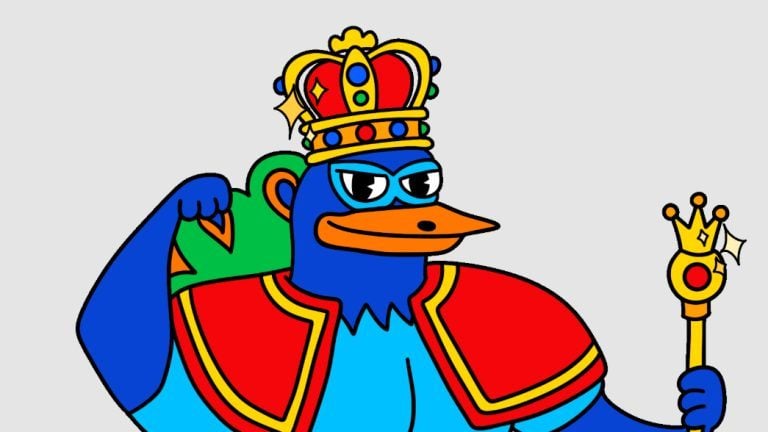

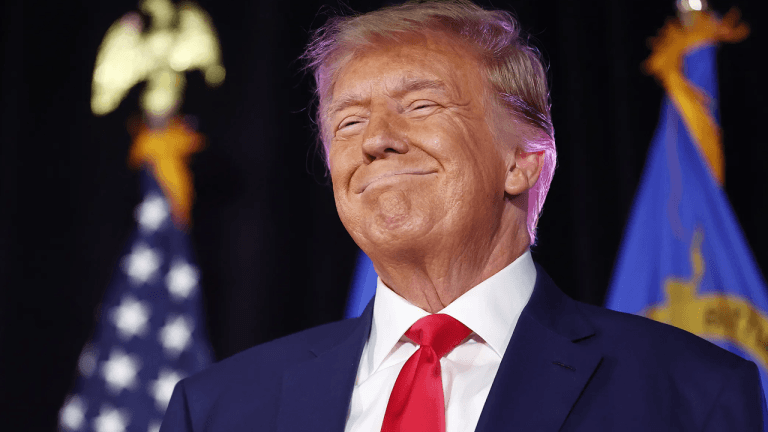
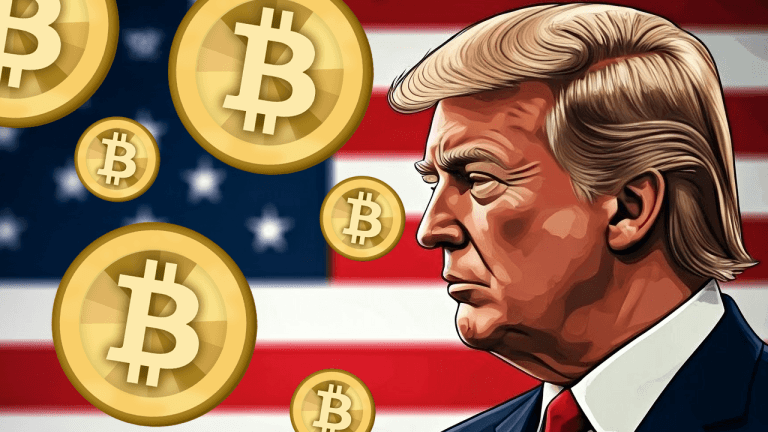

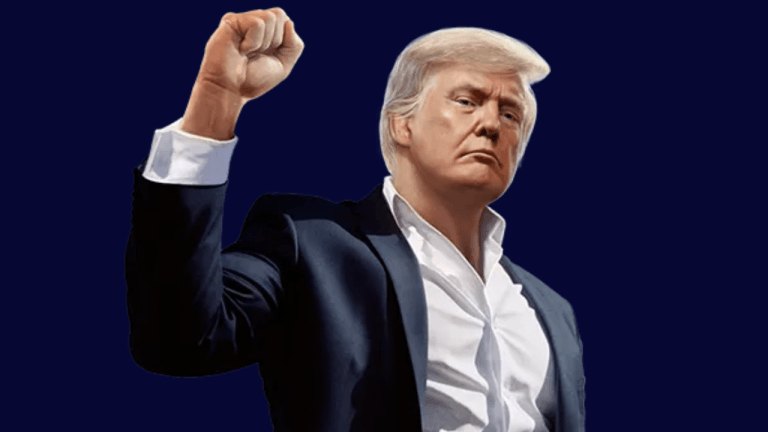




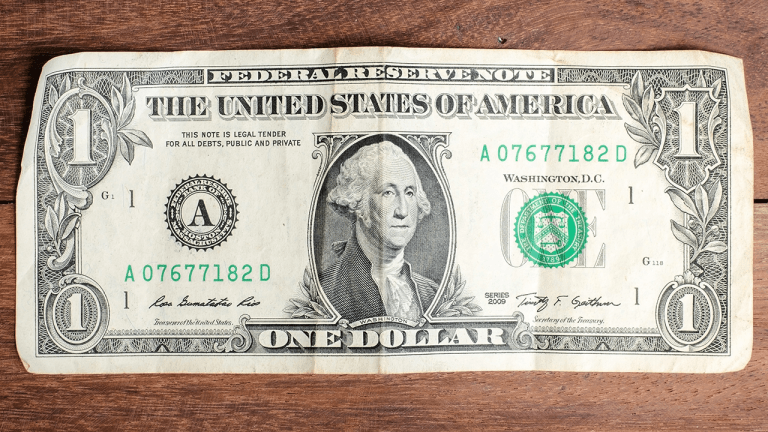
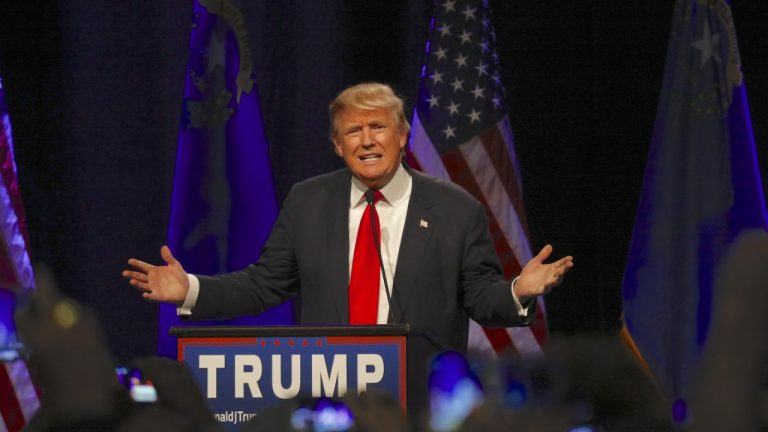


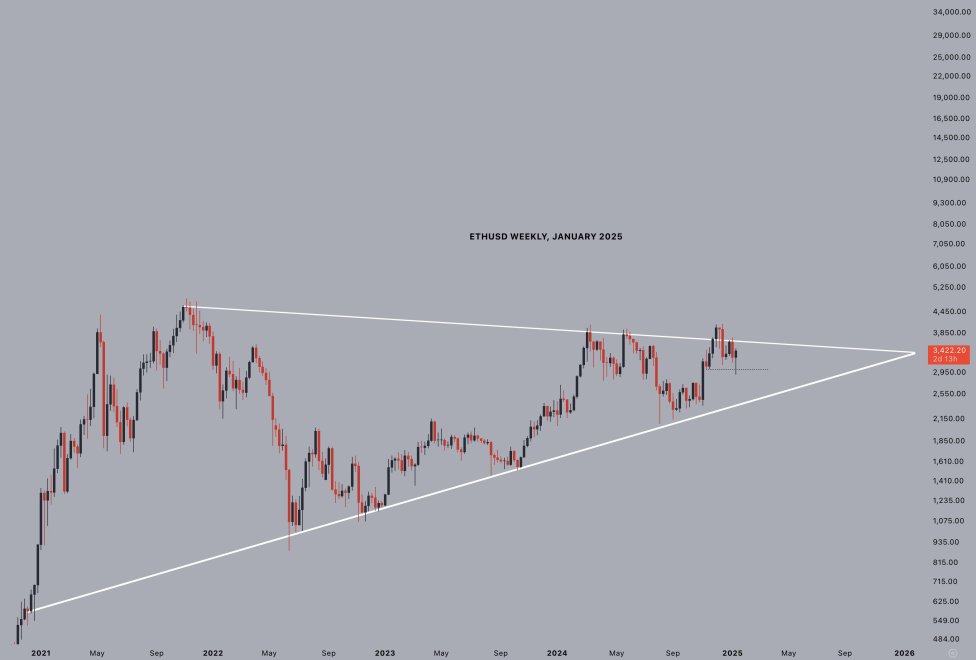
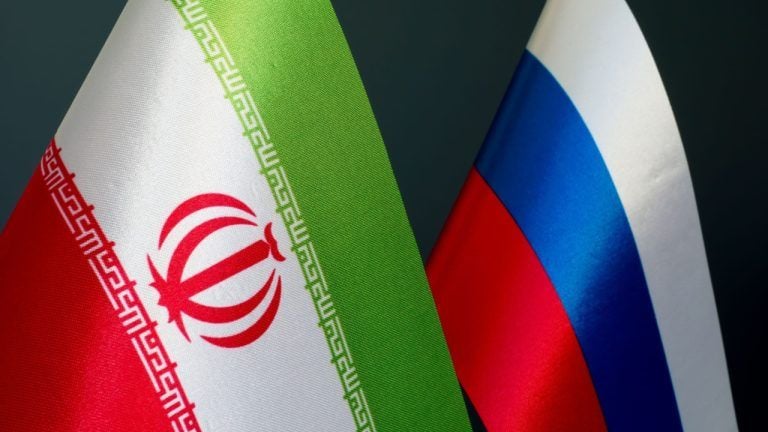


Comments